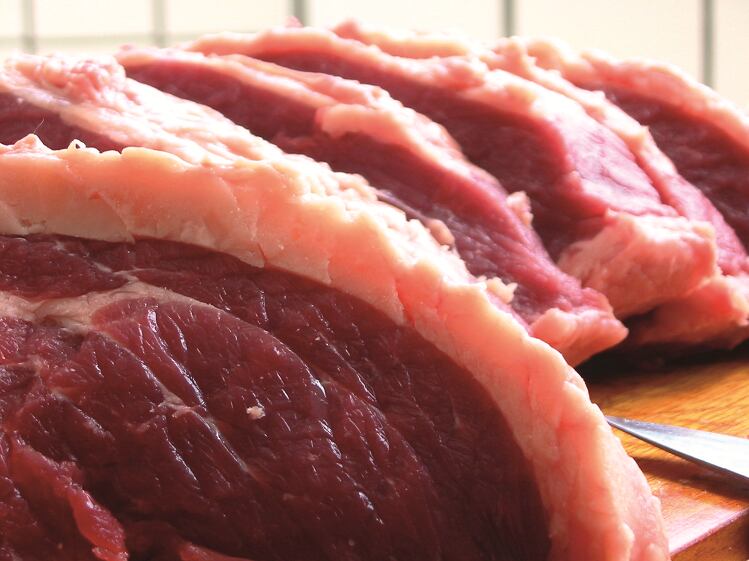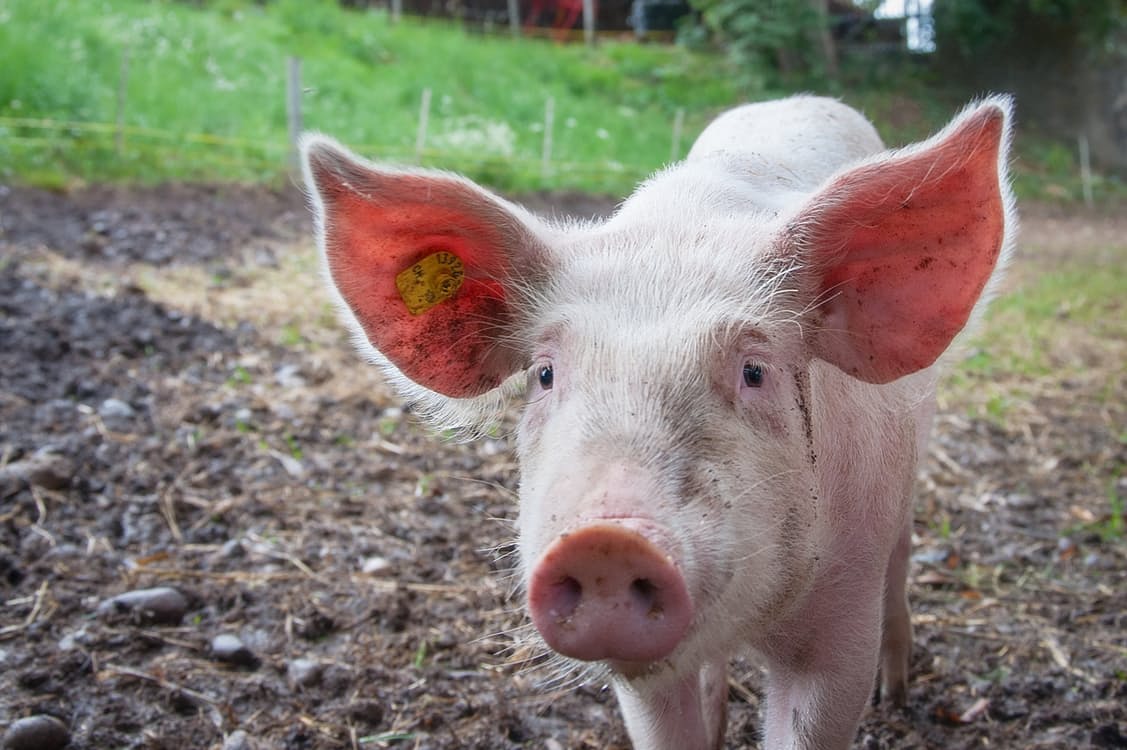Recent studies, including the 2019 Global Burden of Disease Risk Factors Report and the Lancet Countdown on Health and Climate Change, reported that thousands of deaths each year were caused by the consumption of unprocessed meat.
However, the journal article ‘Non-communicable disease risk associated with red and processed meat consumption—magnitude, certainty, and contextuality of risk?’ claimed the evidence did not support this being the case where intakes of red and processed meats are below 75g and 20g a day respectively.
Relative risks
Even beyond these intake levels, only small increases in relative risks were reported (less than 25%) – there was little to no effect on absolute risk and the certainty of evidence remained low to very low “based on the best available summary evidence”.
Importantly the relationship is not necessarily causal – when meat consumption is part of healthy dietary patterns, harmful associations tend to disappear, suggesting that risk is more likely to be dependent on the dietary context rather than meat itself.
Commenting on the report, Dr Alice Stanton of the Royal College of Surgeons of Ireland said: “The peer-reviewed evidence published today reaffirms that the most prominent global study which claimed that consumption of even tiny amounts of red meat harms health (the 2019 Global Burden of Disease Risk Factors Report) is fatally scientifically flawed and should be retracted.
Harming human health
“In fact, removing fresh meat and dairy from diets would harm human health. Women, children, the elderly and those of low income would be particularly negatively impacted.”
The journal edition’s guest editors and authors are also among the almost 1,000 signatories of a declaration warning that livestock systems are too precious to society to become the victim of simplification and reductionism.
Dr Adegbola Adesogan, director of the University of Florida’s Global Food Systems Institute, added: “Animal-source foods are superior to plant-source foods at simultaneously supplying several bioavailable micronutrients and high quality macronutrients that are critical for growth and cognitive development.
“Dietary recommendations to eliminate animal-source foods from diets ignore their importance, particularly the great need for these foods in diets of the undernourished in the Global South.”
Volume 13, Issue 2, April 2023 of Animal Frontiers can be read here.





